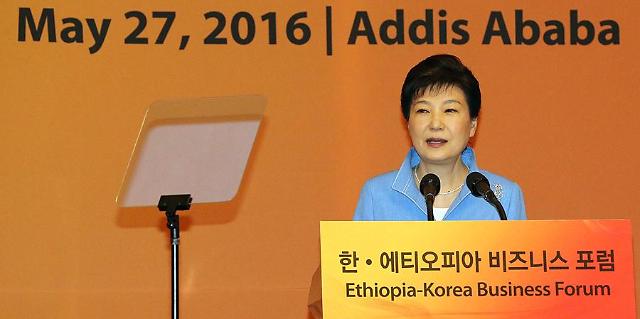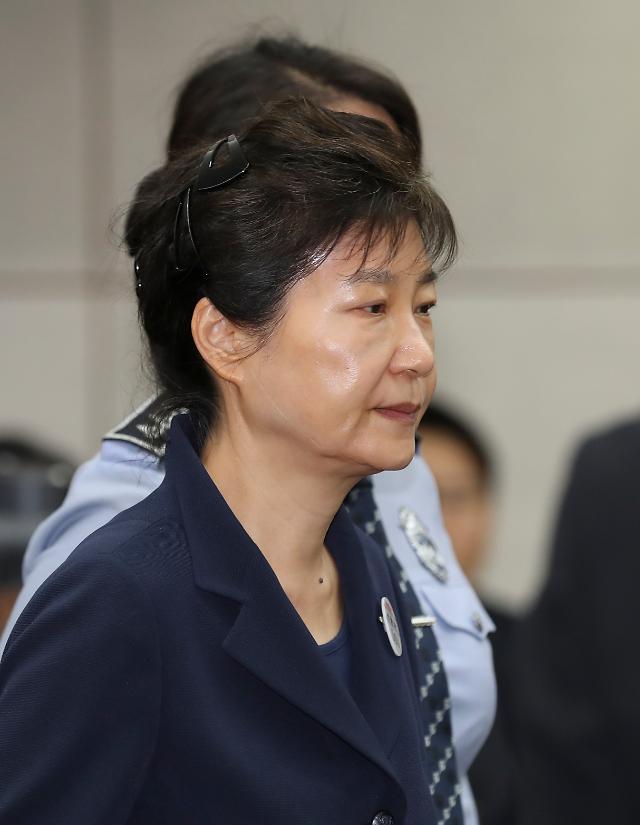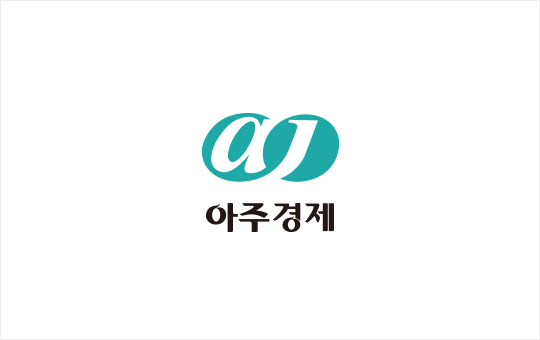
President Park addresses the audiences at the Korea-Ethiopia Business Forum in Addis Ababa. [Yonhap Photo]
South Korea's post-war economic miracle has been highlighted by an Ethiopian weekly magazine to mark President Park Geun-hye's recent visit to the African country.
The Reporter, based in Addis Ababa, described Park as "A friend from the Orient" in a special article timed to mark Park's arrival in Ethiopia, the first leg of her three-nation visit to Africa.
It focused on how industrial clustering, innovation in the textile industry and the Saemaul (new town) movement had played pivot roles in South Korea's rapid industrialization, saying ex-president Park Chung-hee was the first contemporary Korean leader "to wield his sword at the shackles of poverty and underdevelopment".
"It was a clear plan to nurture local productive capacity first in the light manufacturing sector such as leather and textile and later in the 1970s with heavy machinery, steel and petrochemical industries," Cho Hye-young, director general of a research institute under the Korean Industrial Complex Corporation (KICOX), told the magazine.
The policy of industrial clustering and initial focus on light manufacturing and cheap labor force paid off after South Korea started establishing industrial complexes, it said, adding South Korea now has 85,789 companies working in the industrial complexes nationwide employing 2.16 million people.
"The management of mammoth industrial complexes appears to have become part of Korean these days," the weekly said.
Another pillar of South Korea's growth was the initial focus on light manufacturing and an abundant labor force in the textile industry that kicked off industrialization, starting with a textile hub established in Daegu in North Gyeongsang Province, it said.
The magazine quoted Yoo Chil-Seok, director of the Gyeongbuk Techno Park, as saying the province was "much like today's Ethiopia, reliant on natural textile raw material and abundant labor force".
Indeed, the discovery of the synthetic fiber changed the fate of South Korea's textile industry forever as companies based in Daegu had big strides in the world markets, said the weekly which also highlighted a massive investment planned by YOUNGONE, a South Korean textile company which has leased a factory shade in Ethiopia's Bole Lemi Industrial Zone.
YOUNGONE chairman Sung Ki-hak told The Reporter that the operation in Bole Lemi would be "nothing but a show window" as his company plans to set up
a wider industrial zone dedicated to Korean firms which would constitute the company's supply chain.
Sung said the zone would be instrumental in expanding the company's operations in Ethiopia. "It is always our model to work with some sort of a zone for ourselves."
The Reporter said textile was progressing fast in South Korea and its future looked to be "quite visible today", though it still has a long way to go in terms of enhancing its research and output in the area of industrial fabric such as microfibers.
In the 1970s, the income gap stemming from speedy economic growth prompted South Korea to introduce one of the most innovative community-based movements of all times called the Saemaul movement.
So Jin-kwang, president of the Saemaul Undong Center, told the magazine that with insufficient resources, the movement awakened the self-reliance of and self-help spirit of communities for a sustainable and long-term economic revival.
Limited construction materials were divided among villagers to let them talk about what they need to do and identify their problems collectively -- the very first and yet most important step in the Saemaul movement, the weekly said.
This, in turn, gave rise to another miracle -- a sense of completion in the factory and urban communities -- with the Saemaul principle spreading to factories that reduced the defect rate in manufacturing to below three percent around the end of 1970's, it said.
Aju News Park Sae-jin = swatchsjp@ajunews.com
Copyright ⓒ Aju Press All rights reserved.




View more comments